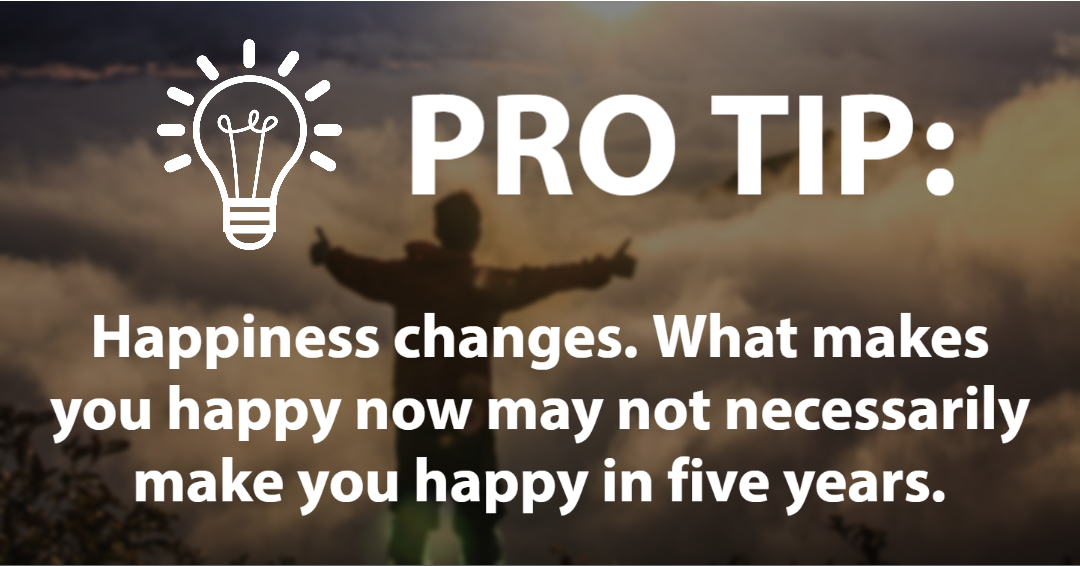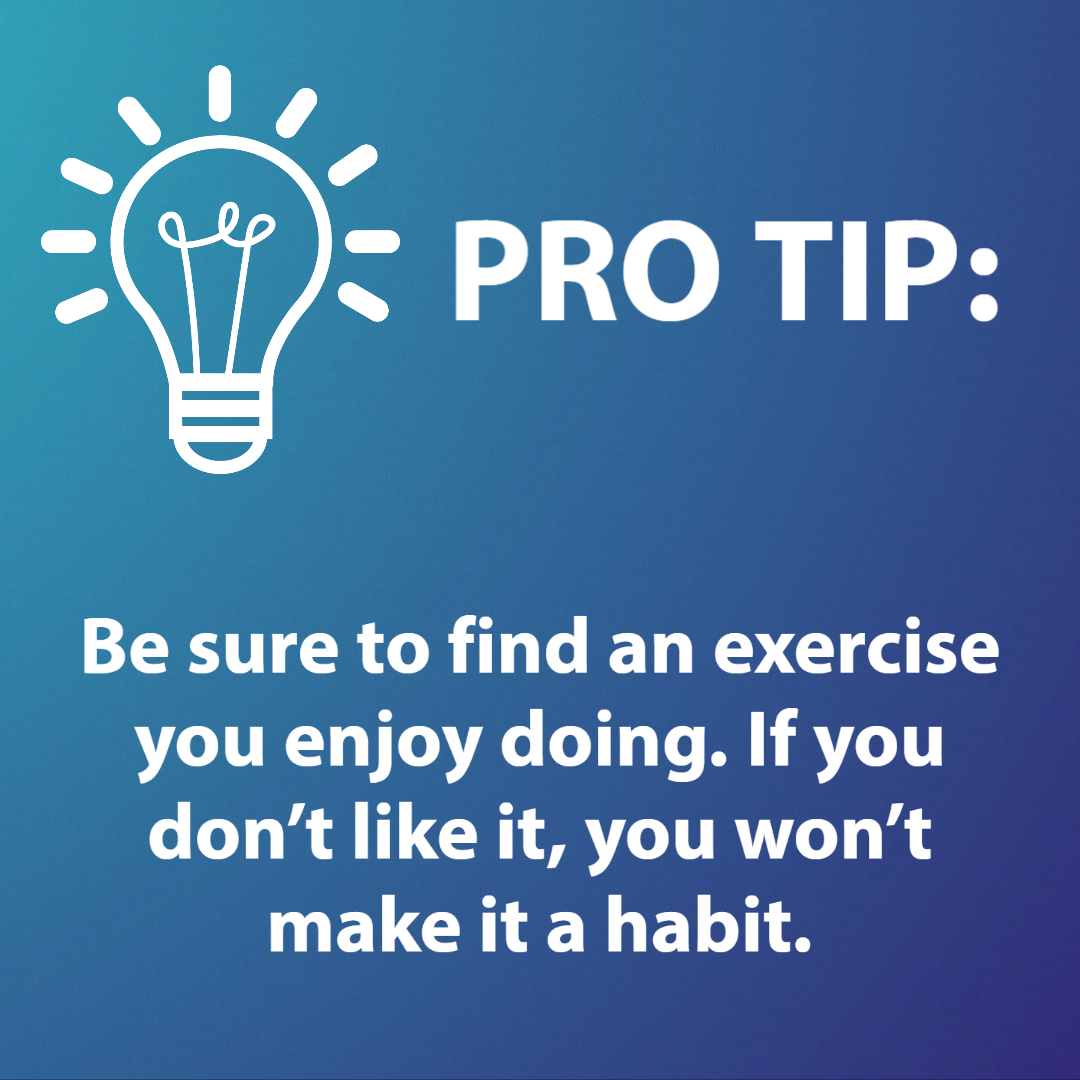Is happiness your habit?
A highly successful executive is not the same as a happy one/ As with anything worth having, happiness is acquired through commitment. Yet few executives are as willing to commit to their own happiness as they are to their own careers.
To achieve happiness you have to understand what happiness means to you. Happiness is an internal and external experience marked by a state of feeling or showing pleasure. Happiness isn’t a trait, meaning it doesn’t define someone’s personality nor is it long-lasting. Happiness is something that must be renewed.
Happiness also has many facets. For the most part, we think of happiness in terms of pleasure, which can be considered the short lasting type of happiness. However, there is also self-happiness, which is tied to self-esteem and self- confidence. Marrying happiness with the sense of self means people who have self-happiness are pleased with themselves, their choices, and the person they are.
So how exactly is happiness created? Let’s look at nine habits of content executives.

9 Daily Habits Executives Do to Create Happiness
1. Acknowledge your achievements. It’s important to be happy with yourself and what you’ve accomplished. When you have a lot of projects on your plate, this can get lost in the daily shuffle, but standing back to recognize everything you’ve accomplished in a day, month, or year is important for your self-esteem and your happiness. Executives take the time to visually list their accomplishments regularly, even the small things. It not only boosts their self-esteem, self-worth, and self-happiness, it also fuels their next adventures.
2. Prioritize and accept yourself as you are. The key to starting on a path of internal happiness is accepting everything about yourself, the good and the bad things. It’s okay if you’re not a planner or you’re not a morning person. It’s easier to accept who you are than to spend time trying to change yourself. Once you accept who you are, you can prioritize yourself, too. This means being willing to take breaks, knowing what projects to accept and which to decline, and being discerning with your to-do list. Putting your needs first means saying no to projects that don’t feed your soul and being ready and open for opportunities and projects that do.t.
3. Exercise. Another key to lasting happiness is a consistent exercise schedule. It may not be fun to sweat it out, but raising your heart rate and releasing endorphins is integral to your emotional health. Endorphins are your body’s natural pain and stress fighters, and for a busy executive, it’s important to find natural ways to manage the daily stress of running a business or managing employees. Committing to regular exercise can also help your energy levels, your brain and memory, and improve your sleep quality.

4. Visualize and plan out your day. A little planning goes a very long way. The happiest and most efficient executives spend the morning visualizing how they want the rest of their day to go. They make a plan for the day. Some people go by the rule of threes and set out to accomplish three things for work, home, and self each day. Once the ideas are there, it’s important to schedule how the work will get done by blocking off the time and breaking each project into smaller pieces. This method ensures a sense of accomplishment every day.
5. Do something that brings you joy. Steve Jobs had it right when he said your job will fill a large part of your life and being truly satisfied requires doing what you believe is important. His advice was not to settle and to keep looking for a career that fulfills you. While this tip isn’t necessarily a daily habit, going to work every day is a requirement, and if you’re not doing something that you’re passionate about, then it won’t bring you happiness. It’s scientifically proven that people working at jobs they are passionate about are healthier and they live longer, happier, more productive lives.
6. Communicate face to face. Humans are designed for face-to-face interaction. It is something we thrive on and something that we don’t get enough up in this current age. Communicating through emails and text messages may be more productive in the short term, but communicating face-to-face allows for a deeper connection with your peers. This method of communication is more useful long term. If communicating face-to-face isn’t an option, there are plenty of ways to get in touch with your employees without sending a mass email. Using social media is a way to keep you and your coworkers engaged and invested in the work. Remember, this type of interaction also contributes positively to your sense of social well-being.
7. Be selfless. It’s important to be kind, and kindness is tied to long-lasting contentment. One thing that universally brings people joy is having a positive impact on other people. Happy executives strive to make a positive impact on one person every day. Focusing on someone other than yourself benefits that other person tremendously and also benefits you. Selflessness helps you understand other people’s points of view and gets you in the habit of thinking outside of yourself. Thinking about people other than yourself not only creates an empathetic person, it also teaches you how to respond to others supportively.

8. Get out of your comfort zone. It was Neale Donald Walsch who said “Life begins at the end of your comfort zone,”. This may seem counterintuitive at first, but getting out of your comfort zone regularly keeps you from getting complacent. Most of your individual growth happens when you are uncomfortable. When it comes to learning new skills or meeting new people, you may feel awkward or vulnerable at first, but the more you do it, the more you push the boundaries of your comfort zone. Happy people learn to continuously push the boundaries of their comfort, which leads to real innovation and creativity.
9. Inject things you love into your daily life. Happiness is made up of the small things. When you’re tackling a mountain of work, a little piece of happiness can make the whole ordeal more bearable. Small daily pick me ups are more than little rewards and they aren’t just for children. These little moments can help you stay on task, focus longer, and can lower stress levels. It’s okay if your daily reward is a candy bar, taking the long route home, or having a glass of wine at the end of the night. Your reward can also be spending time on a passion project or volunteering your time. The only requirement is that it brings you personal joy.
It’s easy to assume that happy people are naturally happy and that it’s part of their personality, but happiness is a daily commitment. No matter how materially successful you are, choosing to commit to your happiness will help you achieve new levels of lasting satisfaction.

Recent Comments